I still remember the first time I held a touchscreen phone. It was 2009, and my tito had just come home from working abroad, fresh off the plane with a shiny new iPhone 3GS. We all huddled around it like it was some kind of alien artifact. “Wala na 'tong keypad?” someone asked, poking the screen like it might bite.
Fast forward to today, May 2025, and our phones are practically an extension of our bodies. They unlock with our faces, track our sleep, pay for our coffee, and if you’ve ever dropped one on your face while lying down, you know they can hurt, too. But here’s the thing: as crazy-advanced as smartphones already are, they’re just getting started.
So, what’s next? Curious about what’s already here? Peek at the current top 10 smartphones Filipinos can buy.
Let’s dive into some of the wild, wonderful, and maybe a bit weird trends shaping the future of smartphone tech, especially for us here in the Philippines, where we like our gadgets fast, fun, and budget-friendly.

Editor
Lloyd Kelly Miralles chevron_right
Table of Contents
What's New in the Smartphone Tech in the Philippines This Year 2025?
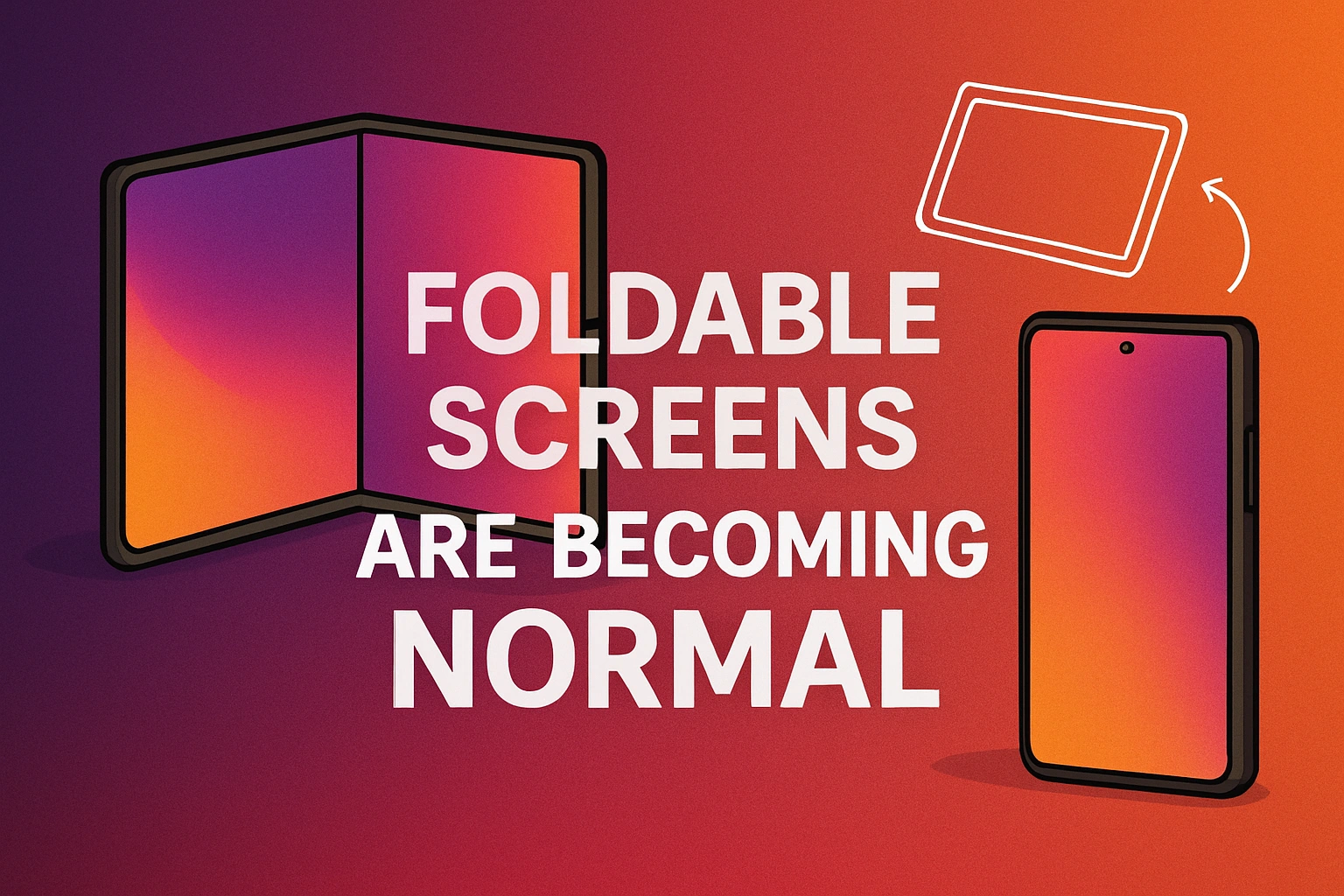
Foldable Screens Are Becoming Normal
Foldable phones used to feel like a science experiment. Now they’re becoming more common. These phones open like a book, giving you a small phone when closed and a big screen when opened.
You get more screen space for reading, watching, or working. It’s easier to carry in your pocket or bag. Some even let you use two apps at once.
For people in the Philippines, foldable phones might be useful for students, online sellers, and remote workers. You can check lessons, messages, and files all on one device.
They still cost more right now, but prices are expected to drop as more phones like this become available.
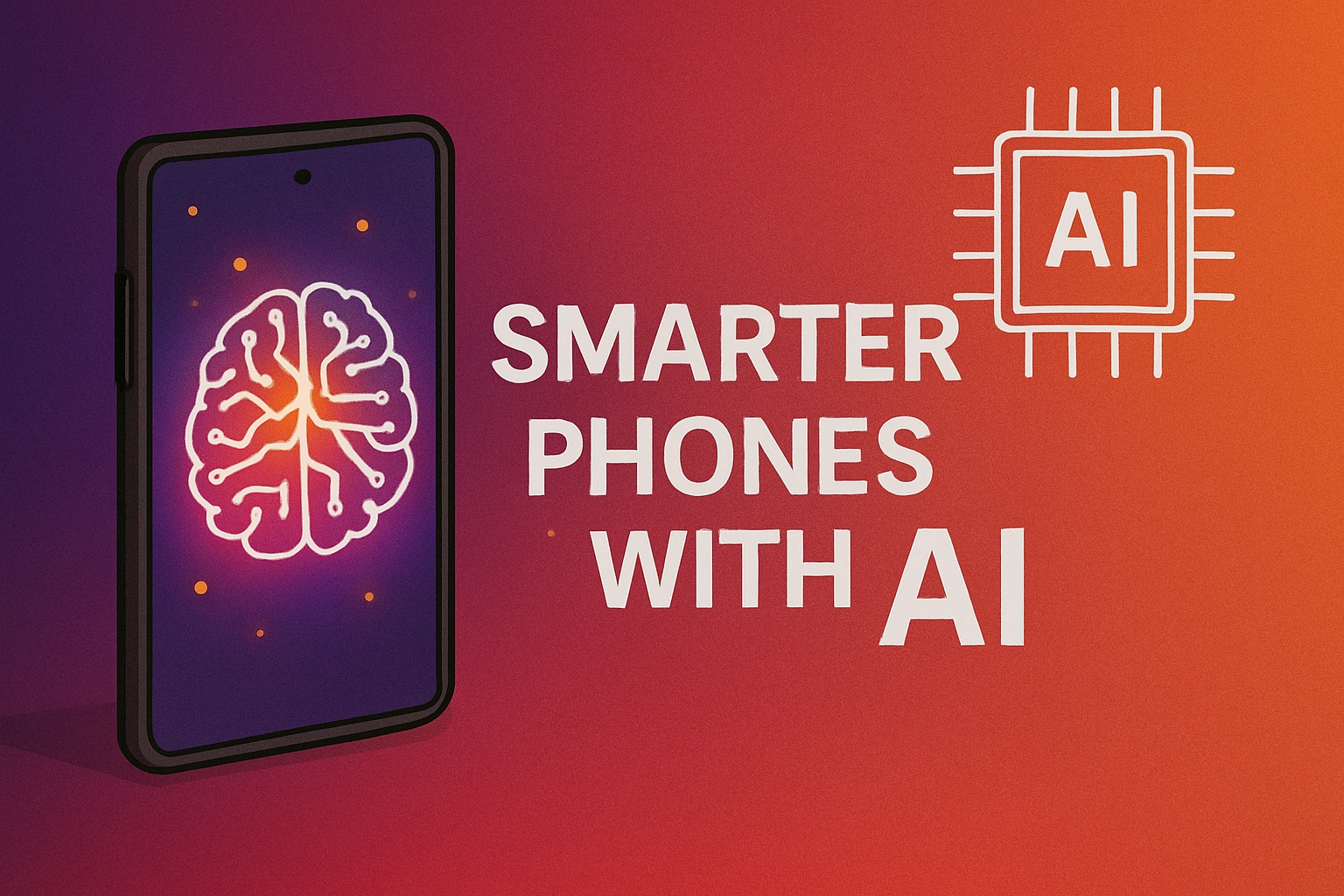
Smarter Phones With AI
AI, or artificial intelligence, is the “brain” inside your phone that helps it learn and adjust to how you use it. Today, AI helps take better photos or finish your sentences when you type. But tomorrow’s AI will do much more.
Phones will learn your habits and suggest apps you need before you even search for them. They’ll help you reply to texts faster, turn down your screen when you’re in the dark, or remind you to charge before going out.
You’ll spend less time swiping through apps and more time getting things done. The phone will feel like a smart helper, not just a device.
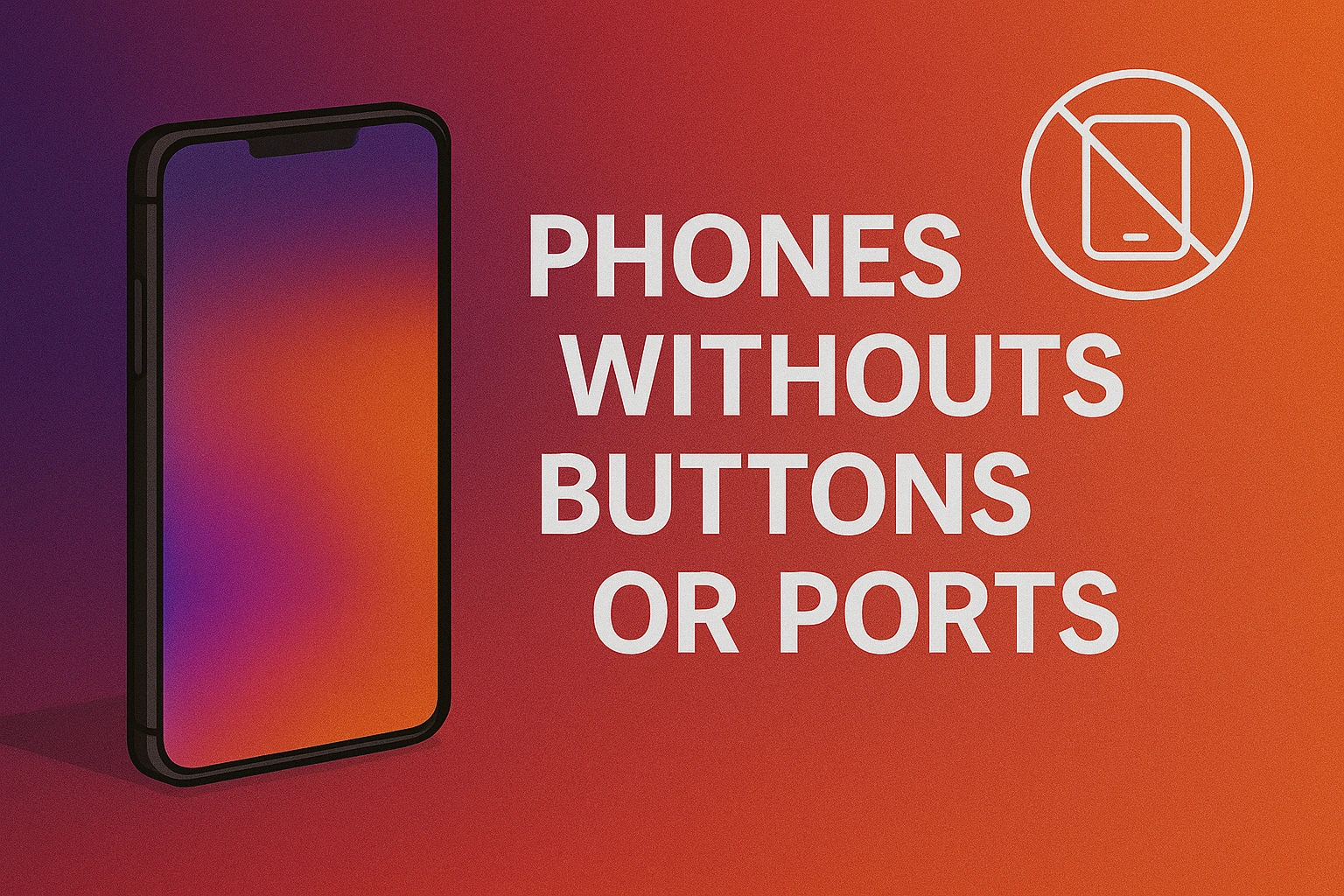
Phones Without Buttons or Ports
New smartphones are saying goodbye to old features like volume buttons and charging ports. These will be replaced by touch controls, on-screen gestures, and wireless charging.
This change may seem strange at first, but it has its perks. No holes or buttons mean less dirt and water getting inside. Phones will be tougher and cleaner.
But there’s a catch—you’ll need to use wireless headphones and chargers. So be ready to buy a few extras if you’re moving to this type of phone.
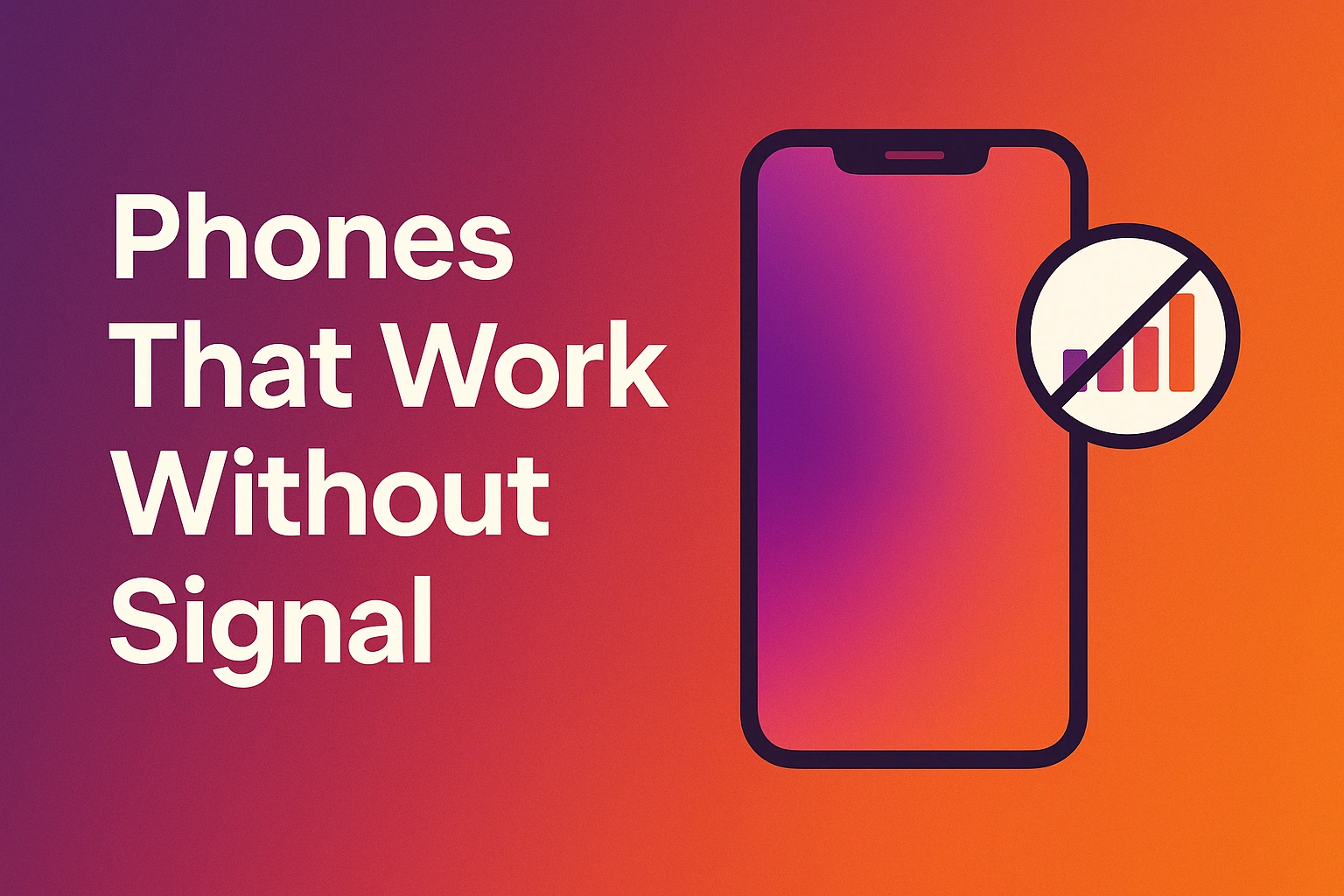
Phones That Work Without Signal
Some phones are now able to connect to satellites. Even if there’s no cell signal, you can send a message for help. This could be a huge benefit in areas without coverage or during disasters.
In a country like the Philippines, where typhoons and power outages happen often, having this feature can save lives. It’s also useful for people living in remote areas, or those who like to travel and explore.
You may not use it every day, but it’s good to know it’s there when you need it.
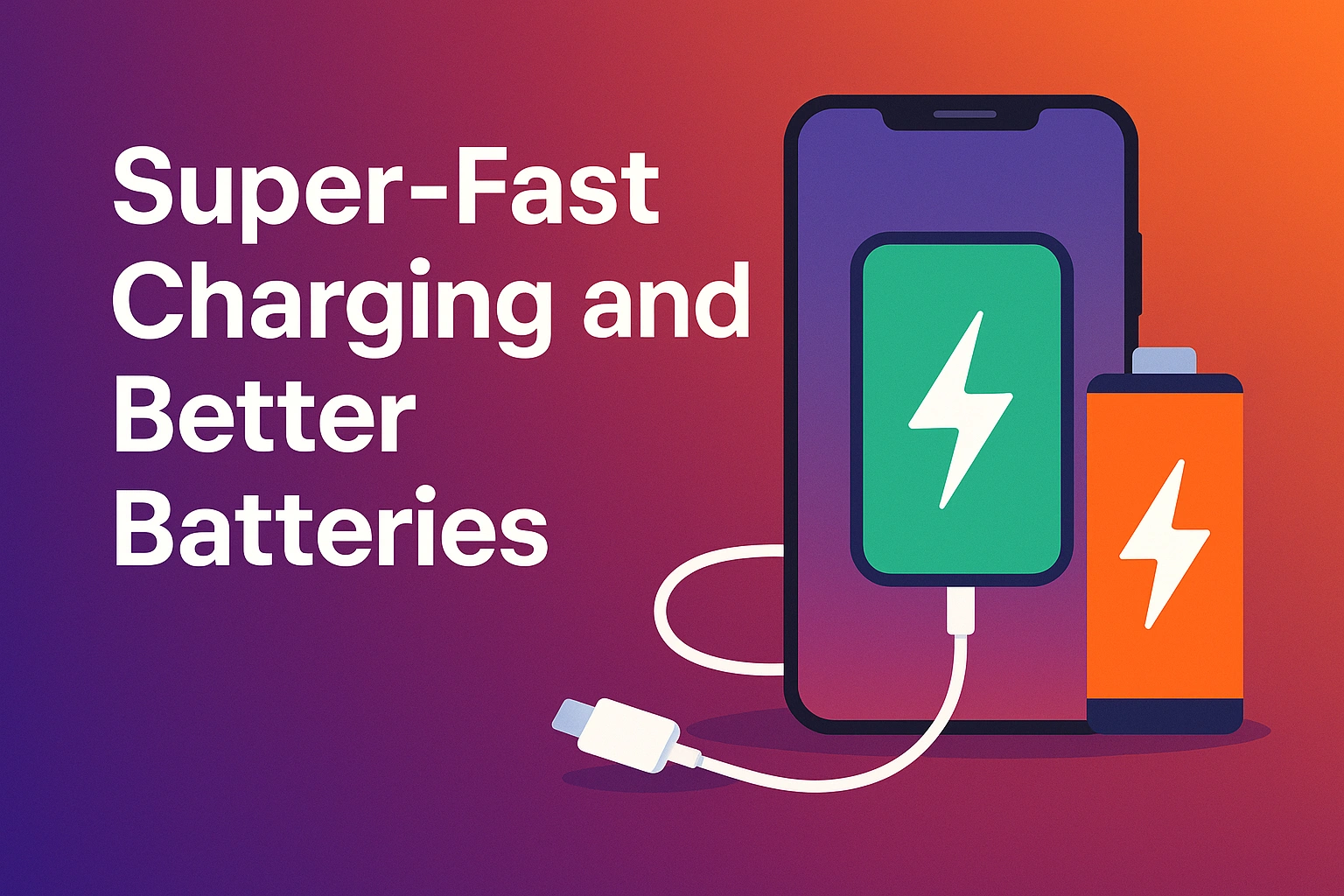
Super-Fast Charging and Better Batteries
Charging your phone could soon take only a few minutes. Some phones are now being tested with super-fast charging that fills up the battery in under 10 minutes.
New batteries are also made to last longer. Many will hold a charge for two full days, even with heavy use.
This is great news for busy students, workers, or anyone who’s always on the move. It’s also useful during brownouts when you don’t know when the power will be back.
Just plug in while brushing your teeth or eating breakfast—and your phone is good to go.
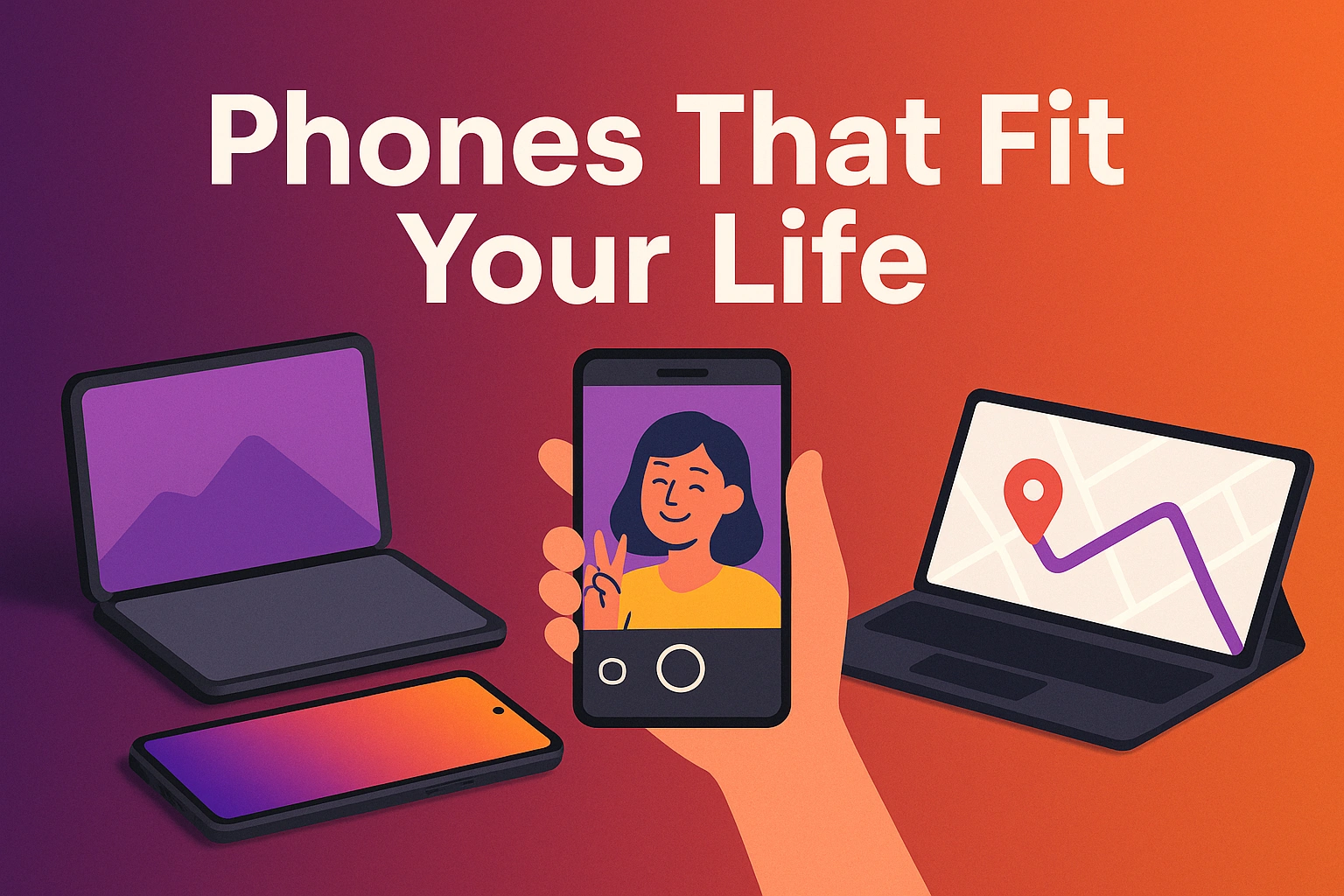
Phones That Fit Your Life
Smartphones will become more personal. They’ll adjust to your daily habits and needs. They’ll suggest apps at the right time, help you focus during study hours, or remind you to take breaks when you’ve been online too long.
Health features are improving too. Your phone could track your sleep, heart rate, or steps—without needing a smartwatch. Some even help remind you to drink water or stretch.
These tools can make a big difference in daily life, especially when phones are used for work, school, shopping, and more.
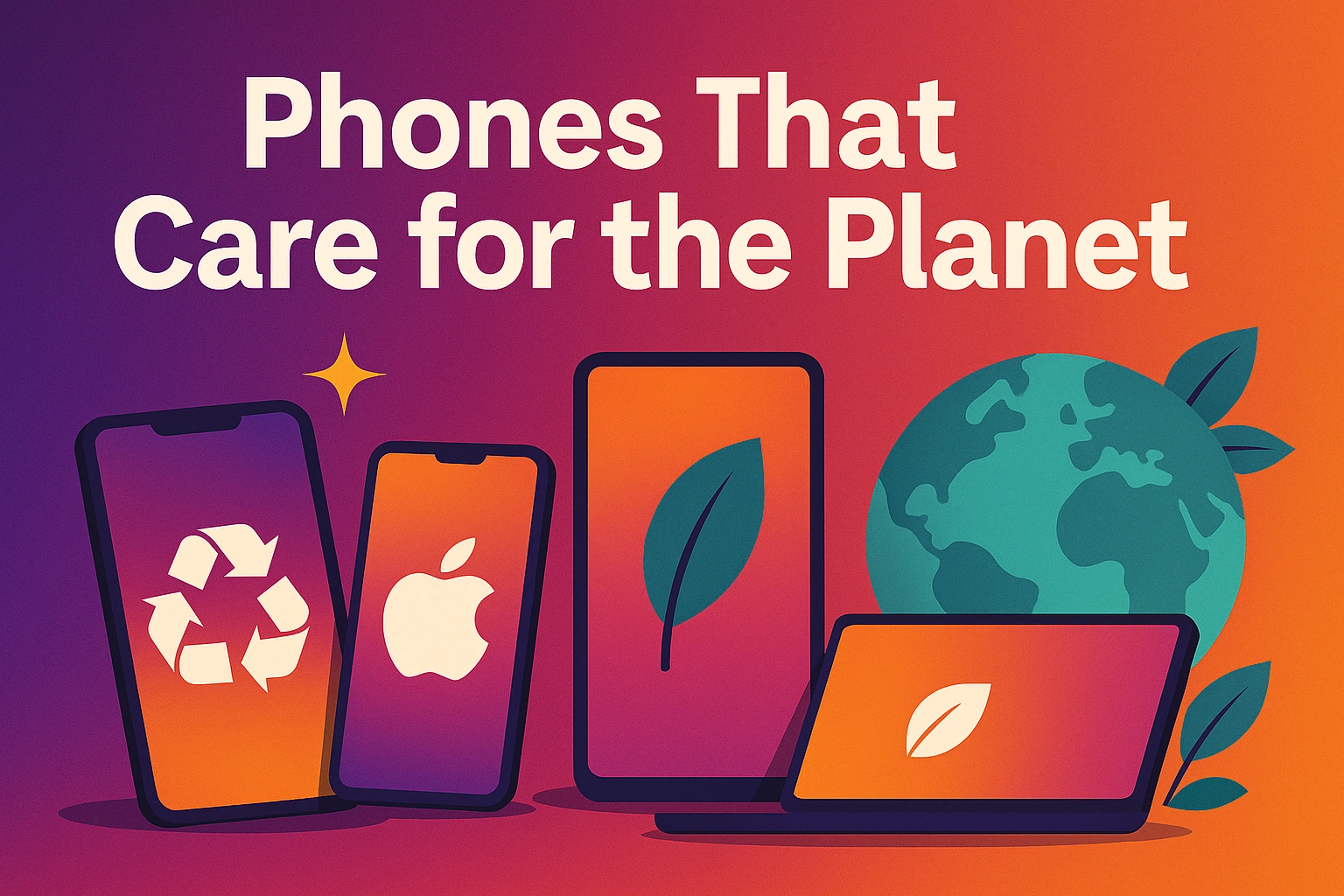
Phones That Care for the Planet
Phone makers are now thinking more about the environment. They’re using recycled plastic and metal, and designing phones that are easier to fix instead of throw away.
This helps reduce electronic waste and saves money in the long run. Some phones are also getting longer software support, so you don’t need to upgrade every year.
More people are choosing to keep their phones longer—and that’s good for both your wallet and the Earth.
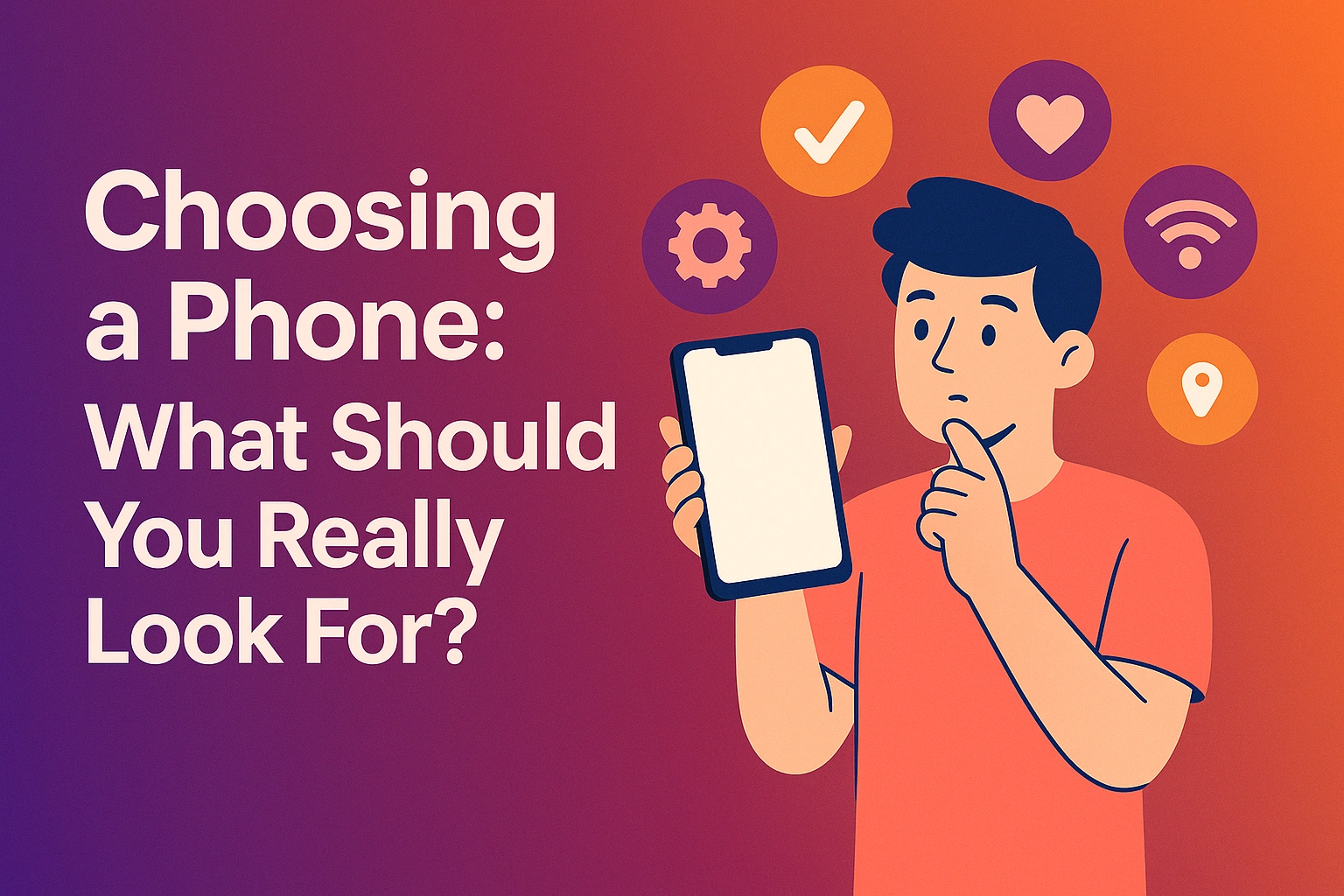
Choosing a Phone: What Should You Really Look For?
Before you buy your next phone, think about what really matters to you. A phone is a tool, and the best one is the one that fits your life.
Ask yourself:
-
Do I need a bigger screen or just something easy to carry?
-
Do I want fast charging or a long-lasting battery?
-
Will I actually use wireless charging or AI features?
-
Is satellite messaging something I need where I live?
-
Can I afford the extras that come with new designs?
There’s no one right answer for everyone. What matters is finding what works for you.
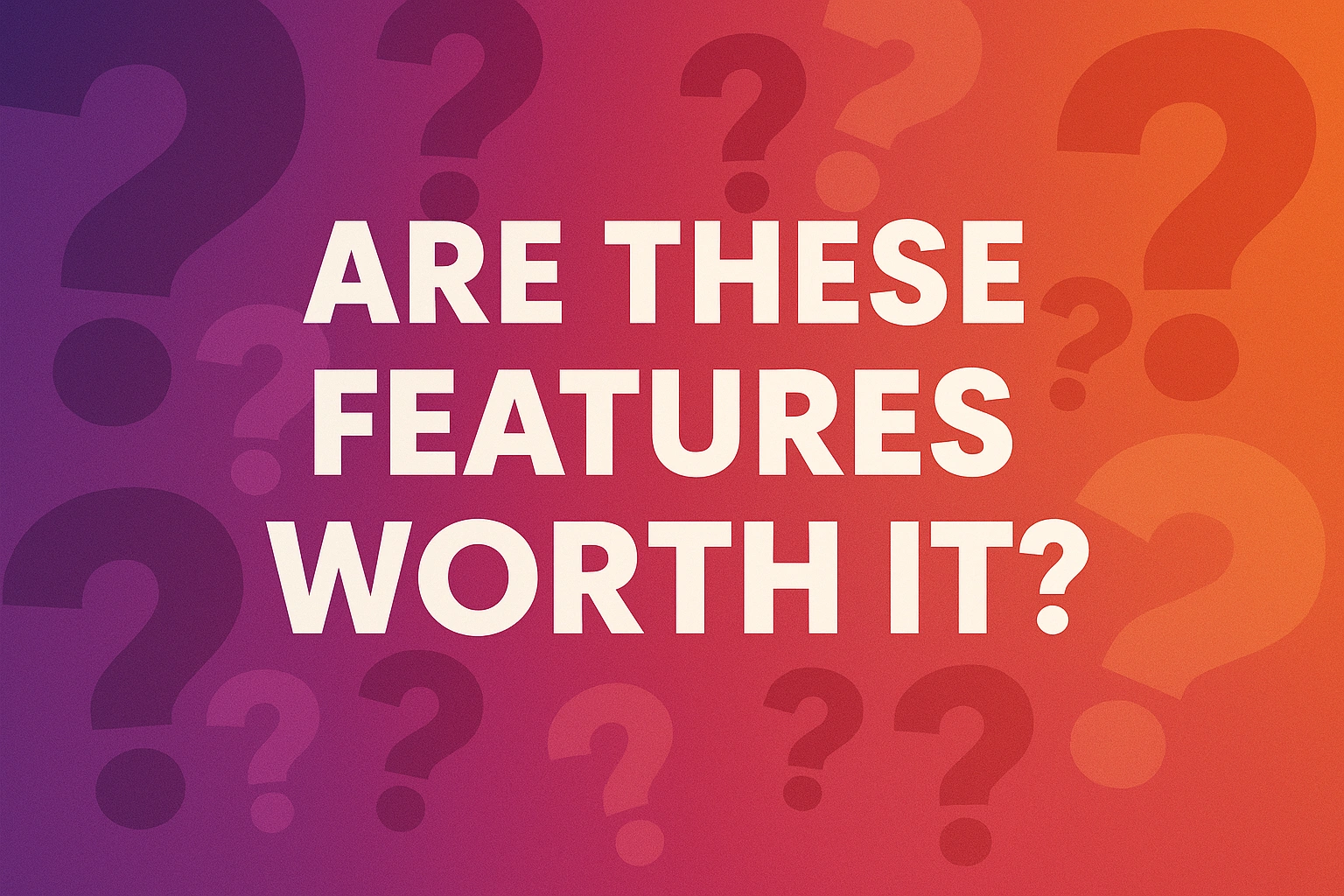
Are These Features Worth It?
Not every feature is useful for every person. Some are nice to have. Others may just get in the way. Here’s a quick guide to help you decide:
| Feature | Useful For... | Skip If... |
|---|---|---|
| Foldable Screen | Watching videos, work, multitasking | You want something simple and affordable |
| AI Tools | Busy users, students, workers | You use your phone mostly for calls and texts |
| Wireless Charging | Home or office use | You often travel or don’t want extra accessories |
| Satellite SOS | Hikers, rural areas | You’re always in the city with good signal |
| Long Updates | People who keep phones for years | You upgrade your phone every year anyway |
Conclusion
In the Philippines, we’ve always had a special bond with our phones. They’re our main camera, our online bank, our mini-entertainment system, and for a lot of us, even our main computer. With the pace of change, what we’re seeing is not just faster or fancier phones — but smarter, more human devices.
Of course, not every trend will catch on. Some stuff will flop (RIP 3D touch), and that’s okay. What matters is that tech keeps moving forward — ideally in a way that improves our daily lives.
So, what do you think? Are you excited about foldables? Waiting for phones that charge in five minutes flat? Or are you just hoping your current phone survives another year of accidental drops? Keep an eye out—and in the meantime, grab one of the best smartphones available today.
Related Articles:
- Top 5 Foldable Phones in the Philippines 2025 | Best Picks & Reviews
- Android vs. iOS: Which Smartphone OS is Right for You?
- Top 7 Smartphone Brands in the Philippines 2025
- Top 10 Smartphones in the Philippines 2025 | Trusted Brands & Reviews
- Smartphone Buying Guide for Filipinos – Tips, Reviews & Best Picks 2025
